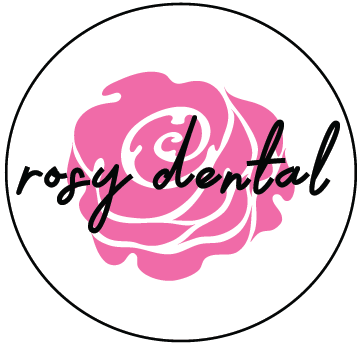Everything You Need to Know About TMJ and Bruxism
Many people find that they have the involuntary habit of grinding their teeth. This can cause a variety of oral health issues in the future. The key to being able to manage your TMJ and bruxism is to find out what is making this behavior happen in the first place.
There are a variety of reasons that someone may be grinding their teeth including:
- Stress/Anxiety
- Sleeping Disorders
- Side Effects of Certain Medications
- Uneven Bites
Any of these various conditions can cause someone to involuntarily grind their teeth, which can create a variety of other oral health problems and other issues surrounding the mouth.
Causes of Jaw Pain/TMJ:
The TMJ is Temporomandibular Joint which is the area where jaw pain can begin if you are someone who often finds themselves involuntarily grinding their teeth throughout a day. TMJ is not a disease, but a condition that can come with the following symptoms from consistently grinding your teeth:
- pain around the ear area
- tender jaw muscles
- clicking/popping noises that are always made by your jaw
- trouble opening/closing your mouth
- pain when you yawn/chew
- jaws that “lock” for no other explainable reasons
- persistent headaches
These symptoms may indicate that you are experiencing TMJ dysfunction. If these problems persist, seeing your dentist for further assistance can allow them to help you solve these issues and get you appropriate treatment for your TMJ condition.
Definition of Bruxism:
Bruxism is a fancier name for the persistent grinding of the teeth which leads to the TMJ condition. Over time, bruxism can cause a host of other various oral health issues and facial problems, including:
- migraines
- taut muscles around the facial area
- clicking/popping sounds of your jaws
- tooth wear (anything from minor wear to severe incidents of it)
- complete tooth loss if treatment doesn’t get rendered in time
These effects of bruxism may be from grinding your teeth for a short period, but once the wear on teeth takes place, the wear is permanent, and your natural teeth may never get restored to what they once were.
The sooner the treatment is rendered to someone who has bruxism, the less severe the effects on the person’s teeth will be in the long term. It’s essential to treat it as soon as you expect that you might have someTMJ and bruxism behaviors that can damage or ruin your teeth long-term.
Treatments for TMJ and Bruxism:
There are a variety of different treatments available for TMJ and bruxism-related problems. Many different treatments may be recommended to help keep your teeth from wearing down more rapidly. Some of these self-care practices could include eating softer foods that don’t wear the teeth down as quickly or avoiding certain jaw movements that strain the jaw more such as yelling, screaming, or singing. Avoid chewing gums for long periods as the further jaw movement can make your condition even worse. You also may be able to use ice or heat packs to help relieve extra muscle tightness and pain.
Considering most teeth grinding mostly happens at night, your dentist will likely recommend a special-made mouth guard device that you can wear while you sleep. The mouth guard will allow you to do your bruxism movements and motions while sleeping without harming your teeth, as you will grind on the durable materials of the mouth guard instead.
Conclusions:
If you feel that you might be suffering from TMJ and Bruxism, please contact a healthcare professional immediately. The sooner you get assistance with your condition, the sooner you can stop the damage that might get done to your teeth. The less damage that gets done, the easier it is to treat and the fewer long-term side effects you are likely to have to handle.
If these above symptoms describe you, please feel free to reach out to us. At Rosy Dental
we are happy to help you if you contact us
at 888-308-8478
to schedule your appointment. We will be happy to help provide you with a smile that you are proud to show.
